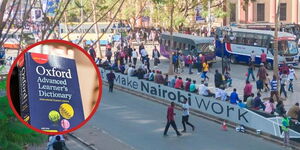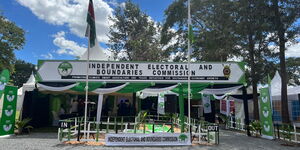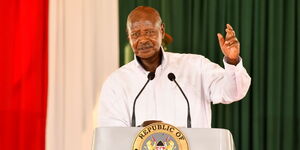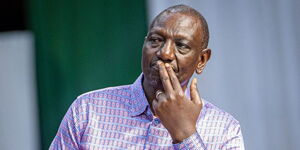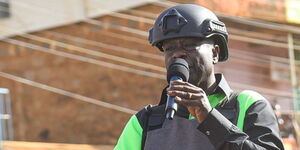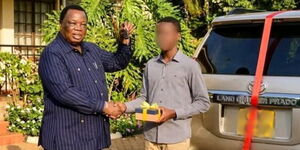The Judiciary is set to acquire 35 cars at a cost of Kshs315 Million to be drawn from tax-payers' money.
Chief Justice David Maraga informed a parliament committee that the money was required since 10 judges do not have cars while twenty-five others deserve replacements for their cars.
Maraga told the Budget and Appropriations Committee (BAC) that the existing cars were aging and prone to costly breakdowns, a situation he warned was affecting service delivery.
With these demands, if ratified in parliament, each judge will get a car for an estimated Kshs9 Million despite the struggled in the Judiciary after suffering huge budget cuts in this financial year's budgetary allocations.
This means each of the thirty-four judges will drive high-end cars in the category of fuel guzzlers like Toyota Land Cruiser V8, BMW, Range Rover Evoque and Mercedes Benz E220.
According to Business Daily, the CJ had noted that defective cars forced some judges to be rescued by their colleagues.
Maraga defended the push for new cars arguing that the current situation was exposing the top Judiciary staff to security risks.
BAC, however, took issue with the demand observing that some of the vehicles were too expensive and would only amount to extravagant expenditures.
In its report to parliament, the appropriations committee stated that "It was noted that the indicated vehicles are more expensive."
After his recent trip to China, President Uhuru proposed additional funding for the judiciary, the Ethics and Anti-Corruption Commission, the Directorate of Criminal Investigations and the office of the Director of Public Prosecution.
The president's recommendations were lauded by the Chief Justice saying "I thank the President for putting in a word for us at the Treasury and Parliament to enhance our budgetary allocation to deal with corruption cases."
He went on to hold that "Cases will be heard on a day-to-day basis. Suspects have nothing to worry about because the law will be followed. Where there is no evidence, the accused will the acquitted and where there is evidence, we will convict appropriately."
Earlier in July, the Chief Justice had expressed fears that budget cuts and lack of adequate resources would have stalled construction of courtrooms, offices and would have staggered operations at more than 50 mobile courts across the country.

